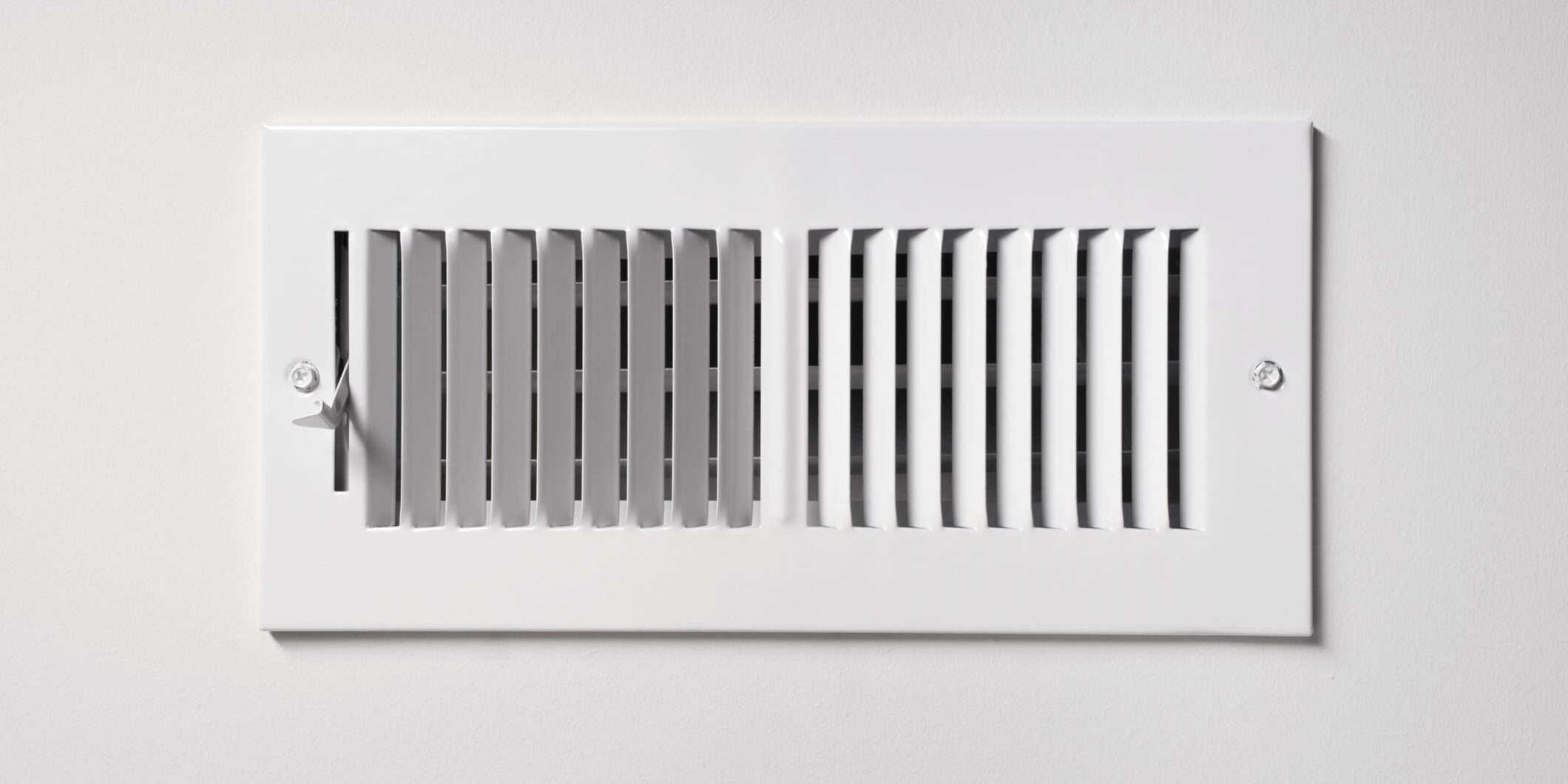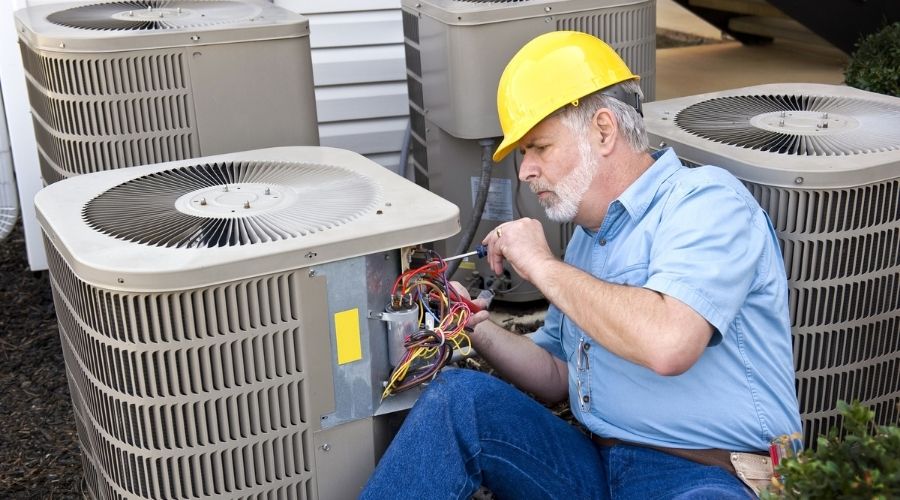Why Your AC May Be Dead Silent
When your air conditioner doesn’t turn on, one of the most common causes is a failed capacitor. It’s a small component with a big job—and when it fails, your AC can’t do much of anything.
Here in Shreveport and Bossier City, where systems run hard in the summer heat, capacitor failure is one of the top reasons we’re called out for HVAC repairs.
What Is a Capacitor in an AC System?
An HVAC capacitor is an electrical component that stores and delivers a short burst of energy to start your air conditioner’s motors—specifically the compressor, outdoor fan, and blower motor.
There are two main types:
- Start capacitors, which provide the initial jolt to get motors moving
- Run capacitors, which help those motors stay running efficiently once they’re going
Capacitors work by charging up when the system is off and then discharging that stored energy when it’s needed to kick things on. Without it, the motors can’t overcome the initial resistance needed to start spinning.
What Happens When a Capacitor Goes Bad?
A failing capacitor means your AC unit may:
- Not turn on at all
- Turn on briefly and then shut off
- Make a humming sound but fail to start the fan or compressor
- Trip the breaker or overheat
It’s often the weak link in the system because it’s doing a high-stress job—charging and discharging rapidly, especially during frequent cycling in the summer.
Why Do Capacitors Fail So Often in Louisiana?
There are several common causes of capacitor failure, especially in the hot, humid environment we see in Louisiana:
- Heat Degradation
Capacitors are filled with dielectric fluid that helps regulate their internal electrical charge. In high heat, this fluid breaks down and causes the internal metal layers to expand or warp. As that happens, the capacitor loses its ability to store and deliver power. - Power Surges and Voltage Fluctuations
Lightning storms, brownouts, and spikes in your home’s electrical supply can overload the capacitor, damaging it instantly or reducing its life over time. - Age and Wear
Like batteries, capacitors degrade over time—even under ideal conditions. The more your AC cycles on and off, the more the capacitor wears down. - Poor Quality Components
Low-grade capacitors, often found in budget installations or older units, tend to fail sooner than high-quality ones. A good capacitor is less likely to swell, leak, or rupture under pressure.
How Do We Diagnose a Bad Capacitor?
At LenAire, our technicians use a multimeter to measure the microfarads (µF) on your capacitor and compare it to the manufacturer’s specs printed on the side. If the reading is outside the acceptable range, the capacitor is no longer functioning properly.
We’ll also inspect:
- The terminals and wiring connections
- Visible signs of swelling or leaking
- Whether the capacitor is warm or unusually hot to the touch
We never guess—we test and confirm before making any repairs.
Can You Replace a Capacitor Yourself?
Capacitor replacement is not a DIY-friendly job for most homeowners. Even when disconnected from power, capacitors can still hold a dangerous charge and must be safely discharged using proper tools and procedures.
Improper handling can lead to:
- Electrical shock
- Equipment damage
- Fire risk or voided warranties
Our trained technicians always verify that power is safely off and discharge the capacitor before touching anything.
Call LenAire for Expert HVAC Repairs in Shreveport & Bossier City
If your air conditioner is humming but not running—or not starting at all—don’t panic. A failed capacitor is a common issue, and we can have your system tested and running again quickly.
Contact LenAire today for fast, reliable AC diagnostics and service.







